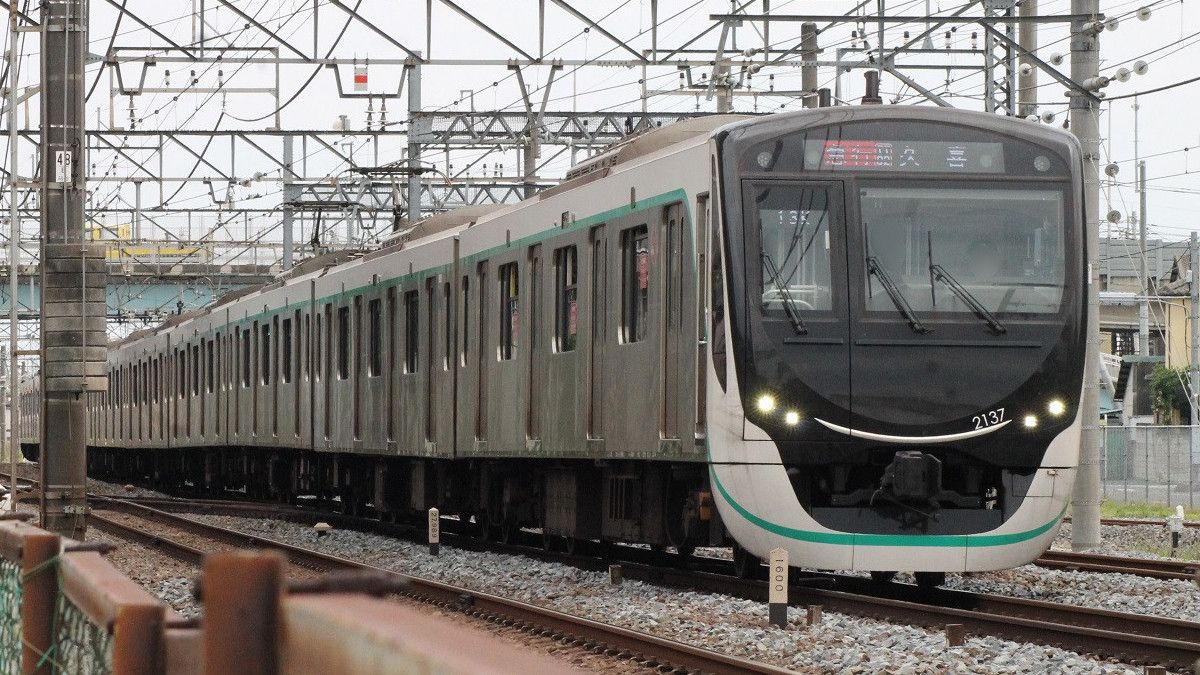JAKARTA - Tokyo Corp. said on Monday it would run all of its services entirely on energy from solar and other renewable sources from Friday, becoming the first Japanese rail operator to do so.
Tokyu said it would purchase so-called non-fossil certificates for electricity used on all lines operating in the Tokyo area, including the bustling Shibuya Station in the capital, a move that would effectively cut the company's carbon dioxide emissions to zero.
Issued by the government, non-fossil certificates certify that some energy has been produced by renewable sources, and certificates can be purchased by companies to offset the value of their own carbon emissions.
Through this action, Tokyu's reduction in CO2 emissions will be equivalent to the amount produced by about 56,000 households per year, Kyodo News reported March 28.
Tokyu operates eight lines covering about 105 kilometers of railroad tracks across Tokyo and adjacent Kanagawa prefectures. The Setagaya line has been using renewable energy generated by hydroelectric and geothermal power plants since 2019, with the green initiative being extended to the other seven lines.
The increase in electricity procurement costs will have no impact on train fares and Tokyu will also save energy in other ways, such as by introducing new, energy-efficient train models to help absorb costs, the operator said.
Tokyu said the electricity consumption for its fleet operations would amount to more than 350 million kilowatt-hours in the 2022 fiscal year.
The operator plans to cut emissions by 46.2 percent by 2030 from 2019 levels, aiming to cut them to almost zero by 2050.
Tokyu also runs a real estate and hotel business, and emissions from its rail sector account for about 30 percent of the company's overall annual carbon output.
To note, other railway companies are also starting to try to reduce emissions. Tobu Railway Co. has said it will run a special express service between Tokyo's Asakusa tourist district and the resort city of Nikko in Tochigi Prefecture north of the capital on renewable energy from Friday.
The English, Chinese, Japanese, Arabic, and French versions are automatically generated by the AI. So there may still be inaccuracies in translating, please always see Indonesian as our main language. (system supported by DigitalSiber.id)








